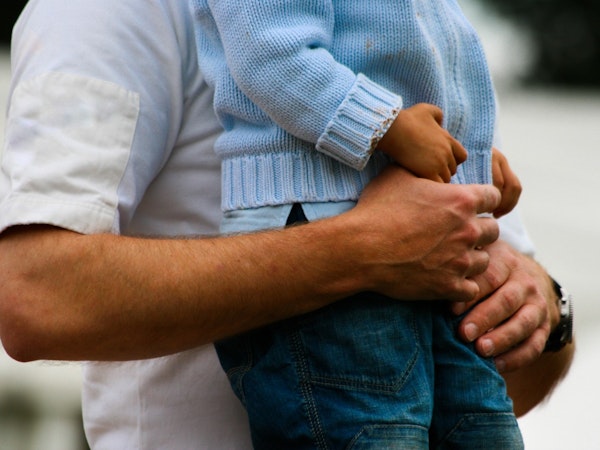Fathers face parental leave discrimination
The world of work is increasingly changing to reflect the realities in which most families navigate around two working parents. But research shows that fathers taking shared parental leave (SPL) are facing workplace discrimination.

SPL was introduced in 2015 to allow new parents to share up to 50 weeks of leave and 37 weeks of statutory pay after the birth of a child. The research, aimed at assessing the impact on fathers in the workplace, found that around half of men taking SPL suffered some kind of discrimination.
With the leave designed to allow more equal sharing of childcare in the first year of parenting, the allocation can be taken either in blocks or all at once, either staggered between parents or taken together. Fathers have been experiencing a range of discrimination for taking the time off, including a quarter reporting verbal abuse and mockery for accepting the leave allocation.
Worse, the data shows around 20% reported receiving a demotion and 17% job losses. With only 1% of those eligible to take SPL doing so (9,200 new parents), these reports go some way to explaining why. The low level of statutory pay (£145.18 a week) also makes taking weeks off work for any length of time economically challenging, while the self-employed and those on zero-hour contracts are not eligible for SPL.
Some men have brought cases on the grounds of sex discrimination where female colleagues received enhanced maternity pay while on leave, but fathers taking SPL were only able to receive the lower statutory pay level. The Court of Appeal has ruled that it not discriminatory to pay mothers at the higher level. Where parents are attempting to balance their first year of childcare and earnings, however, some employers may be able to go beyond the minimum statutory pay, but this is discretionary.
The number of new fathers even taking paternity leave has actually fallen. Around 31% of eligible new fathers took it in 2018, down 1% from the previous year and falling for a fourth year in a row. With 654,000 women taking maternity leave in 2018/19 and only 203,000 new fathers claiming paternity leave, the gap is striking. With the Office of National Statistics showing that the majority of self-employed (74%) are men, alongside 69% of the gig economy, it’s easy to see where some of the problems lie.
The research highlights the persistent cultural discomfort with men staying home and looking after children and assumptions made about those who choose to do so. But society is changing. If you haven’t reviewed your parental leave policies, now may be the time to do so and ensure that all your staff feel able to claim their leave entitlements safe in the knowledge that they are supported.





